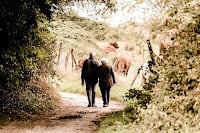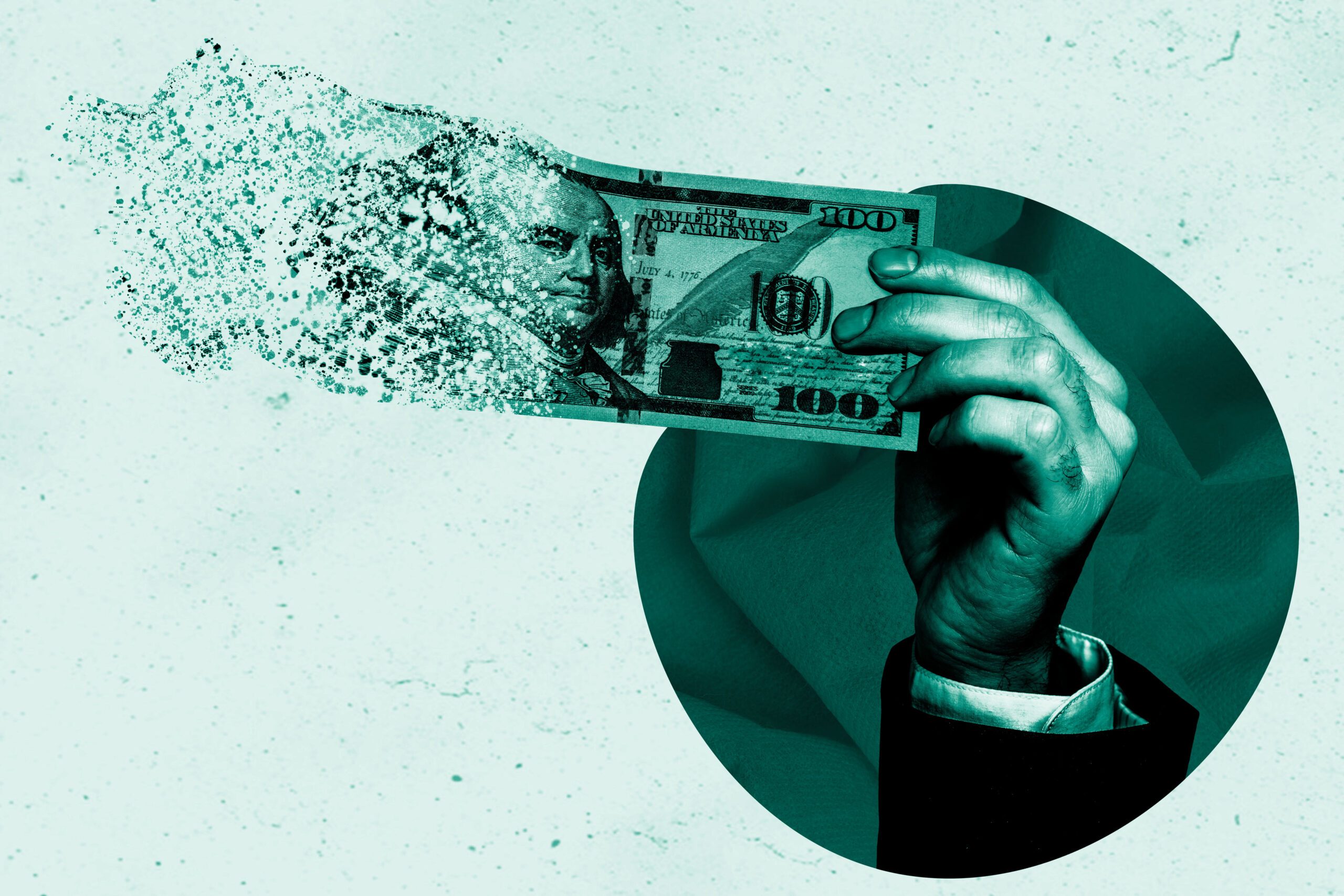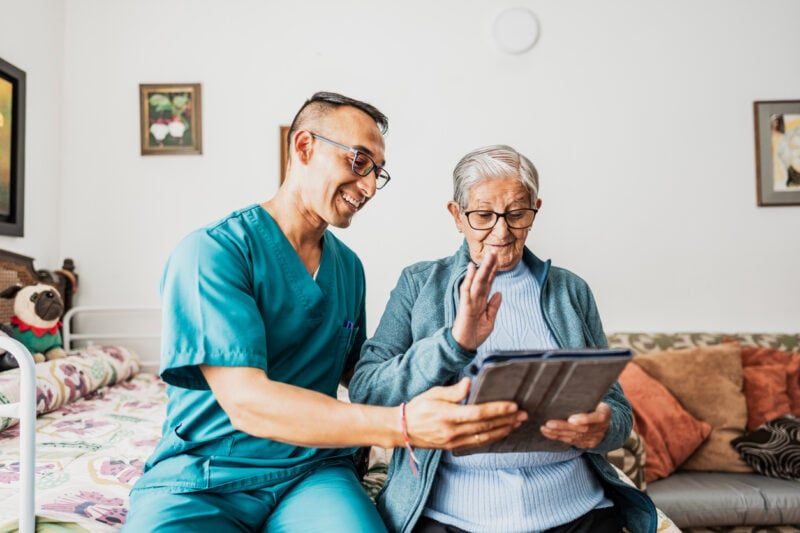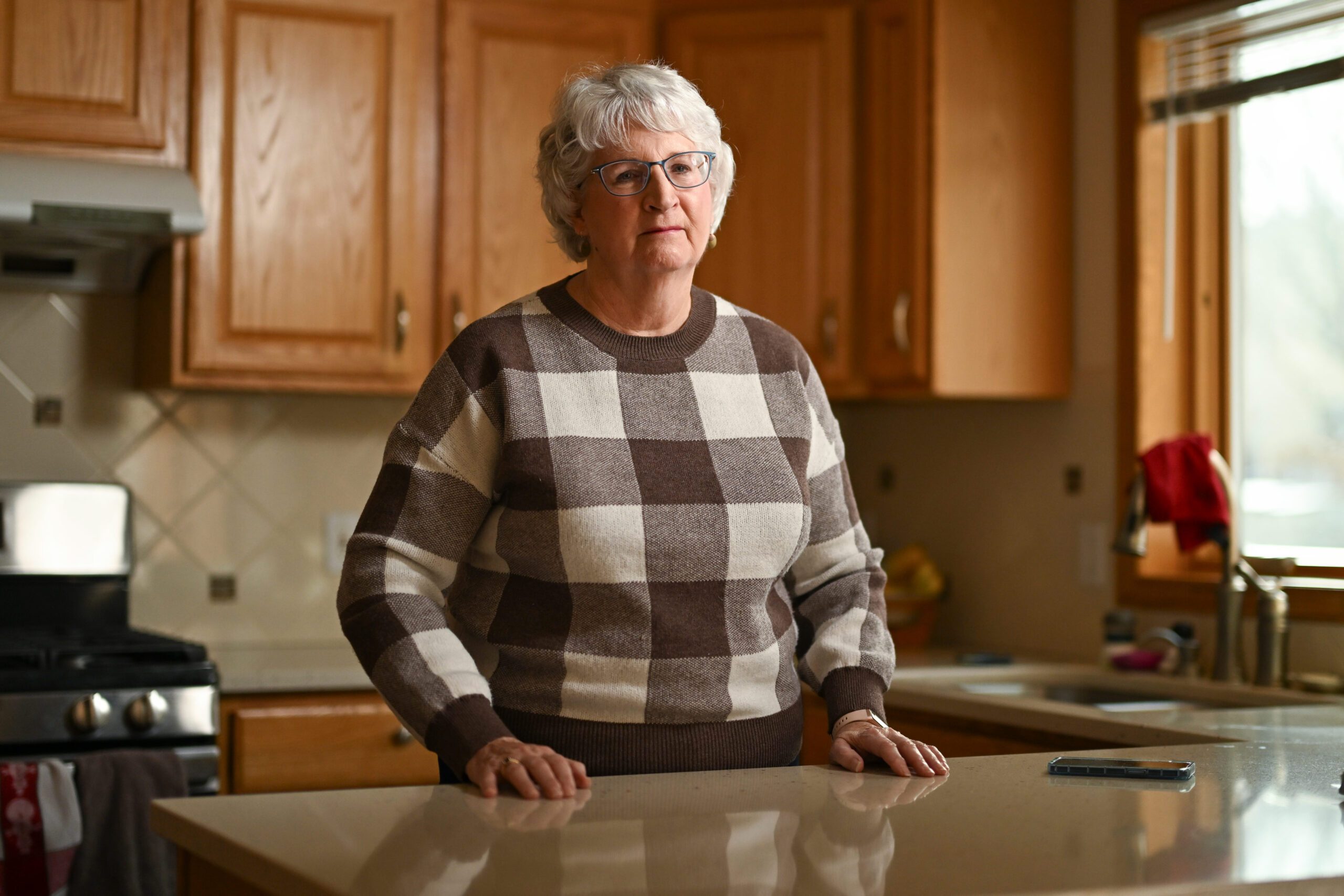CANNABIS CULTURE – After years of struggle and tragedy – Bob Woolsey won his appeal on November 23, 2021.
But has too much damage already been done?
The court’s decision vacated five counts of trafficking against Woolsey and vindicates he and Former partner, Parker.
It was November of 2015 when the peace of their farm in Deroche, BC was shattered by a brutal RCMP raid.
Back then, the pair grew plants and ran a compassion club, but the roots of their persecution run deeper.
In 2012, Woolsey and Parker were both ready to retire and travel. Wanting a fresh start, they sold their home in Toronto and headed West. Their plans to travel across Canada and the US came to a halt when Woolsey’s decades-old cannabis possession charges prevented them from crossing the border, so they decided to settle in the small community of Deroche.
Parker was a talented horticulturist, growing beautiful flowers year-round, and Woolsey had a talent for growing cannabis and his pink card to grow for personal use. “She had a flower sale every week in the farmers market and I had a greenhouse that I could grow weed in,” Woolsey expressed in an interview with Cannabis Culture.
“It was just about the perfect scenario.”
By 2014 Woolsey had been in possession of his license to grow and medicate for some time. He knew the benefits of medical cannabis, having been using in such a capacity to counteract his ADHD since his early teens.
“We had just heard that the federal government was, under the MMAR, going to license growers to have shops and to sell the products to medical patients at that time.”
“This seemed to me to be a perfect opportunity. I had been doing this for a while, and my own 98 plants spoke for themselves. The medicine was great, so I submitted an application.”
While Woolsey’s application was valid, he was turned down on the basis that his honesty in planning to produce Rick Simpson oil was not allowed. Despite this, Woolsey continued on his mission to help others. “I don’t need to be told who is an adult and needs help. I’m smart enough to figure that out,” said Woolsey.
Meanwhile, while Woolsey’s crop matured, he found himself driving from Deroche “all the way to downtown Vancouver, paying $10 a gram, driving on the most dangerous highway in Canada.”
The closest legal dispensary was in Maple Ridge, about 40 kilometers from where the farm was, and according to Woolsey, “He also charged $10 a gram or more, and it was just prohibitive. You could not afford to maintain.”
He realized there were hundreds of people locally who were all suffering because they have to do this same drive.
Woolsey went to the Mission RCMP to have a security check doneand enquired about opening a storefront. The RCMP directed him to the bylaw office to get a license, where he was told he could not operate in Mission unless he operated as a private club and opened in a part of town away from the main population.
Going back to the Mission RCMP a few weeks later, he was then advised to instead consider opening in Deroche because “it is unincorporated, meaning it has no bylaw regulations.”
Taking this advice, Woolsey and Parker found a location and announced their grand opening for February 8, 2015, in the local newspaper, which was “a huge success.” Woolsey even agreed to accommodate local parents concerned about the proximity to the local school by not opening until 4:20 pm daily. The store was a success and it looked like a bright future was ahead.
Suddenly things then started taking a turn for the worse. “Strange individuals” began requesting marijuana without their proper identification or paperwork. Woolsey said, “This was strictly a medical outlet. We would give them our notarized statement declaration made up stating that ‘my family doctor or my physician is not in agreement with medical cannabis, so therefore I’m making an adult decision.’” They could then take the paper to a notary or lawyer, and according to Woolsey, “That was good enough. You do not need a doctor to tell you what you should be doing.”
In the summer of 2015, the RCMP visits started. They claimed Woolsey’s actions were illegal, but he explained his rights and they left. The unusual attempts to purchase without proper forms continued. “Late August and September, they (RCMP) started the real investigation where they brought in the really good actors. One guy came in with a cane and his friend holding him up, claiming, ‘oh the pain, the pain.. I use pot all the time. But I can’t drive all the way to Vancouver today. I can barely sit in the car to get here!’”
Woolsey takes full responsibility for the sales. “This bust never would have happened if Dawn was the boss. It was all my fault. If anybody looks in pain or is hurting, I will go to bat and try to help them.”
“In September 2 or 3 times I helped the good actors, and then in November I helped them again, different ones.”
“Five offences of trafficking to narcs using 4 different narcs. One came in and told me all about his back pain and how he could not sleep at night, so I sold him topical cannabis pain cream and I sold him a homemade toffee.”
On November 25, 2015, at 9 a.m., while Woolsey and Parker enjoyed breakfast and a joint, 12 cop cars arrived at their residence. Hands on sidearms, they executed a Section 11 search warrant. “Because the farm was a licensed medical grow, they were required by law to obtain a Section 30 inspection form from Health Canada,” stated Woolsey. “They did not do that.”
With 7 charges on the warrant, and despite the residence having only 8 live plants when Woolsey was allowed to have 98, “they destroyed the grow room, destroyed the plants, and had BC Hydro clip the wire at the pole.”
“They then handcuffed me and my wife” and took $5500 in cash winnings from the casino Dawn had in the home.
The next 10 hours were spent in the police station, 8 of those locked up in freezing cells. According to Parker, “they refused to give me any toilet paper until 2:00 in the afternoon, and then all they did was wad it up and throw it at me.”
Woolsey continued, “While this was happening, they’re searching the house, seizing my cars. They towed away 2 vehicles. They took all of our communication devices – home phone, computers, cell phones – and when we got home, we were in the dark and the cold,with all our food thawing out in the freezer.”
They survived temporarily through the harsh BC winter with a generator, and then ultimately paid $2000 to have hydro reconnected.
The biggest traumatic experience of all, however, turned out to be what happened to their cat, Patch, during the raid.
They had begged the police to be careful around Patch, a fragile cat with numerous health issues. She meant the world to Parker, and had been taught “healing techniques” to help calm Parker during stressful times.
Now Patch would not eat or come to them. At first Woolsey and Parker suspected she was simply in shock over the raid and then being left in the dark and cold alone. The truth ended up being much worse.
As Patch continued to act abnormally, a visit to the vet and an x-ray ended up discovering a “dark mass.” The vet encouraged IVs instead of a proper MRI, and not knowing any better, they agreed. But with no improvement, Woolsey says “they finally brought in an expert with a proper scan, and he said, ‘It appears she has suffered some massive trauma.’”
“She had been stomped on the sharp edge of the staircase by one of those big ugly cops with his big boots.”
Ten days after the raid, on December 5, 2015, Patch passed away.
Parker continues to struggle talking about the entire ordeal, but the death of Patch tore her apart.
“She was my everything.”
The same day, a rally was then held with the intent to let all patients know they were not going anywhere. They reopened shop until January 2016 with the little bit they managed to salvage.
But as Woolsey recounts, their problems were far from over. “On the evening of our anniversary, February 8, 2016, I got a phone call from Tracy, who owns the general store, and she said, ‘You better get over here. Your store’s on fire.”
“They burnt us out.”
“We were out of business, condemned the building. It was all over.”
Woolsey believes the evidence pointed to arson in the form of a Molotov cocktail being thrown through a hole in the roof.
Next the court documents came. No charges had yet been officially laid, so Woolsey was served with a motion to detain. After retaining a high-priced lawyer, and apparently being misled and mistreated by him, Woolsey ended up representing himself, and unfortunately lost.
“I have constitutional rights as a Canadian to my own medicine, and also we have the obligation to help the sick and injured. If you fall down with a heart attack in front of me, I can’t just run away. I’m supposed to stay and provide assistance. If you need cannabis, same thing, I’m supposed to stay and provide assistance,” reasoned Woolsey. “I thought I had it won on that.”
Luckily the judge was empathetic to the case. “He sentenced me to time served, 10 hours in jail, and a $250 fine on each count, plus $200 victim surcharge.”
Woolsey paid the fines and immediately opened an online compassion club. “I built a website, rented a commercial property in a secret location, and hired people to package and mail. It was really successful for 6 months.”
“But when legalization was looming, my staff was scared to go to the post office, and the owner of the building was afraid to lose all his property,” and evicted him.
Woolsey took all his product home and locked it away in a grow trailer and Sea-Can. When CBC contacted him later in October looking to do an interview in front of his products, he accepted. Little did he know, presumed locals would see this interview, identify his property, and overnight he lost $100,000 in product to theft.
This final tragic event signaled the end of Parker and Woolsey’s relationship, but not Woolsey’s court battle. He filed an appeal with the BC Court of Appeal in May 2018. Due to COVID, it was not seen in court until this year, but finally on November 23, 2021, he won his appeal of forfeiture and appeal of sentence.
According to Woolsey, it was “a conditional discharge that basically in 6 months, on May 23, 2022, I will no longer have a recent criminal record for 5 counts of trafficking.”
“I finally succeeded.”
Woolsey now plans to right the wrongs that he and Parker faced, though he is wary to discuss the details as of yet. He no longer sees Canada as a welcome place for compassion clubs nor his passion, and likely plans to focus his efforts on other countries who would welcome his aid and expertise.
No charges were ever laid against Parker, but the events from 2015 on changed her life immeasurably. She currently lives in the US, homeless, and prefers not to relive the memories of these fateful years. Her heart aches for Patch, the plants she lovingly mothered daily, and the life that could have been.
Parker now spends her time selling and crafting with gemstones and other materials, which she finds healing and in alignment with her true self. When asked if, in the reality of legalization, she ever received reparations, she said, “I didn’t even get an apology, and I was really owed one.”
“I always trusted cops. I always had that faith. Now I don’t feel like I can trust a soul,” she said. “There’s nobody that I could go to if I was in trouble.”
“How do you trust anybody? How do you have faith in the law when they can lie to you? They can come in your house. They can destroy your stuff. They can kill your animals.”
“It has changed who I am completely.”
Parker and Woolsey are an extreme example of the constant battle being waged between the legal system and compassion clubs across Canada. Only by hearing their voices and sharing their stories can we hope to force the government to invoke the necessary changes so that no story like this ever has to be told again.
Original Article










